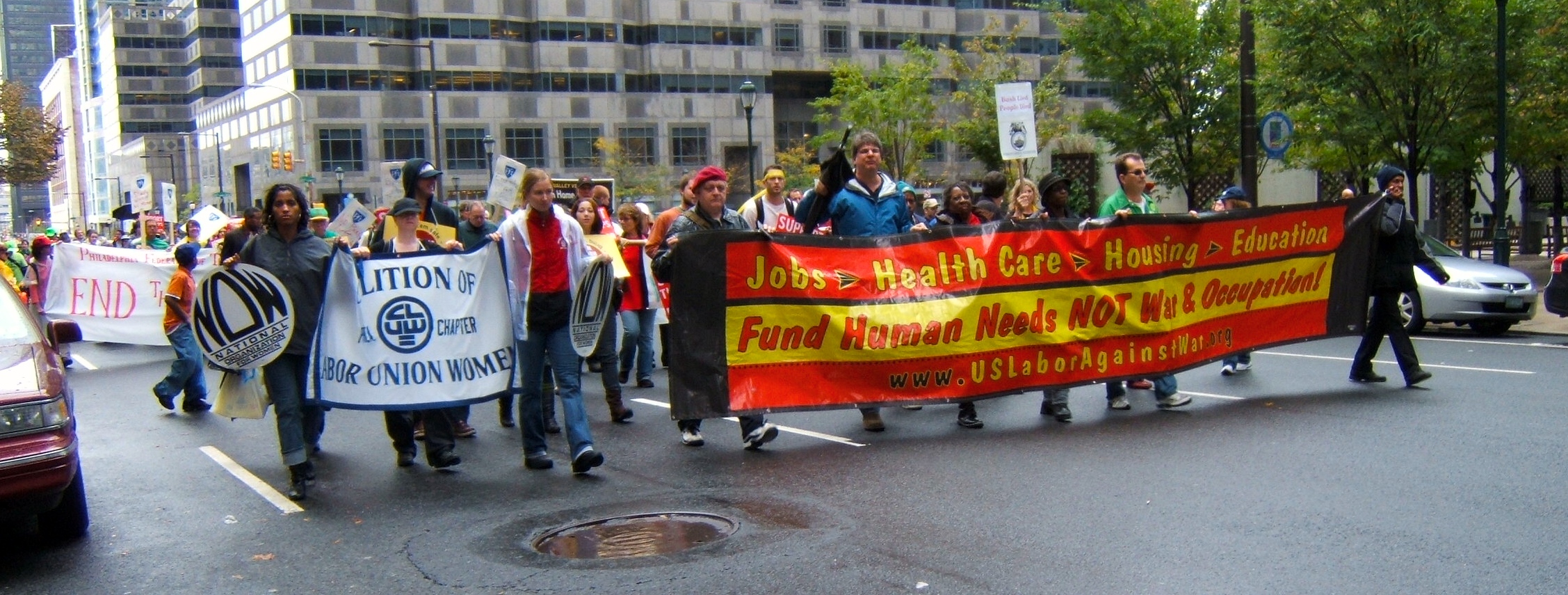
Nada Alwadi
Photo: J. R. Blackwell
John’s Thesis on Bahrain
Severals month ago my son, John, selected a topic for his master’s thesis, “Bahrain, Migrant Workers and the Popular Revolt for Democracy.” As a world history major, John choose Bahrain, an island monarchy in the Persian Gulf, because of the intersection of global and labor issues against the backdrop of an ongoing revolt on repression of democracy. So I couldn’t believe his good luck when Swarthmore College anounced that Nada Alwadi, Bahrainian journalist and founder of the Bahrain Press Association, was scheduled as a speaker on November 8. Nada Alwadi had been a reporter for Alwasat, the most popular newspaper in Bahrain. After contacting the Peace and Conflict Studies Department at Swarthmore, they told me there was an opening in her schedule for noon time. We made the arrangements to have Nada come to our home for lunch and an interview.
Recent History and Controversies in Bahrain
In the Spring of 2011 Nada reported on the pro-democracy protests that shook that nation. A land bridge between Saudi Arabia and Bahrain allowed the king of Saudi Arabia to march his troops into Bahrain to quell the uprising and bolster support for the monarchy of Al-Khalifi. Since that time, activists, journalists, doctors and nurses have been arrested by the authorities. One further complication is the issue of migrant workers in Bahrain, which make up 75 percent of the population. Some of these “workers” are from Pakistan and other countries, and they fill positions in the army and police force. In essence Bahrain is hiring mercenaries to keep the revolting citizenry in check. Despite the oppression that protestors face, the people of Bahrain continue to fight for democratic reforms.
Nada’s Story
In April of 2011 the authorities detained Nada, and she was forced to sign a statement saying that she would not write on or engage in any political activities. Then they fired from her job. Nada is currently living in Washington, D.C. and is on a speaking tour explaining how the on-going protests in her country help to build democratic process in the Middle East.
Nada wore a button expressing solidarity with all of her fellow Bahrainians, “No, Shia, no Sunni. Just Bahraini!” dispelling the myth that these sectarian camps are pitted against each other.

Photo: J. R. Blackwell
What We Can Do To Help
Due to the publicity from human rights organizations and several U.S. Senators, the sale of $53 million in arms sales to Bahrain has been blocked temporarily. The approval of the arms sales depends on a review of the findings of the Bahrain Independent Commission of Inquiry, which is supposed to make its decision by November 23, 2011. The objectivity of this organization, given that it was established by King Hamad bin Isa Al Khalifa by his royal decree, is in serious question.
For me personally, I object to selling weapons to any country. Why can’t the US sell materials and goods that would help the infrastructure of that nation? Please email the President and Hillary Clinton and ask them to block this sale.

John Finishes his Thesis, December 2012
John’s submitted his thesis, How Statescraft employed by the al-Khalifa Monarchy Obstructs Democratic Reform in order to Maintain Regime Stability in Bahrain: A Historical Review, in December of 2012.
John’s thesis examines how the monarchial regime of the al-Khalifa dynasty of Bahrain has skillfully tailored the tools of statecraft, both in international diplomacy and domestic policy, for one primary objective: to restrain attempts for democratic reform in order to sustain the regime’s wealth and power. The al-Khalifa regime has shaped statecraft policies into a unique set in order to limit democratic initiatives. The monarchy blurs the lines between at democratization as contrasted with taking a few steps toward liberalization in order to address the nation’s continuing unrest. The regime exacerbates the Sunni-Shi`a divide by hiring Sunni foreigners to serve in the security forces and deliberately stokes sectarian conflict by blaming Iran for inciting the Shi`i population. The regime encourages the hiring of migrant workers, which benefits the monarchy’s wealth and fosters competition for jobs between groups of workers; at the same time, the regime denies migrants steps toward citizenship. Through its foreign relations polices, the monarchy prudently balances its relationships with the United States and Saudi Arabia for the primary purpose of maintaining power. Unique circumstances, as revealed by Bahrain’s history, have influenced the al-Khalifa’s governance of the nation. These factors include: US military base on Bahrain’s land, a Sunni minority ruling a Shi`i majority, a well-educated citizenry willing to protest for democratization and labor rights, dwindling oil resources, and a geopolitical position between two rival regional powers, Saudi Arabia and Iran.












